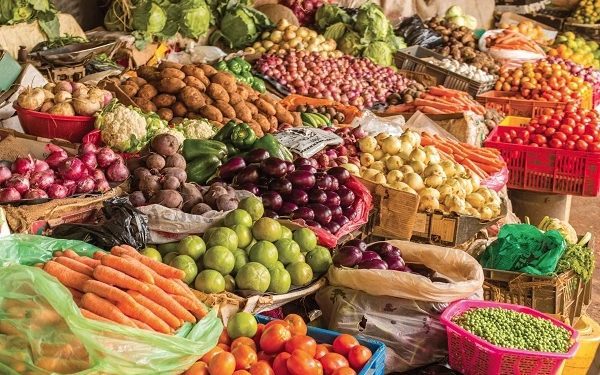The Peasant Farmers Association of Ghana has warned the country is likely to experience food shortages in 2022.
The Association advised Ghanaians to buy foodstuffs in large quantities because of the impending shortage likely to occur.
The Head of Programmes and Advocacy for Peasant Farmers Association of Ghana, Dr. Charles Nyaaba, made this known on Accra-based 3FM on Monday, March 14, 2022.
According to him, “consumers should purchase food items like maize, rice, millet, among others and store them because the prices are going to escalate.”
He attributed the food shortages to the high cost of living and the price hikes in the country, especially fuel prices.
Those consumers who can buy and stock for 2023 and beyond should start doing so. I will advise them to buy things like maize, rice, millet; the prices are going to escalate because we are not getting fertilizer,” he said.
He added that although farmers have been experiencing stable weather conditions, the cost of farm inputs still remains high, hence, the output will culminate in food price hikes.
Dr. Nyaaba indicated that the “increase in fuel prices have increased the cost of tractor services, while prices of other inputs have gone up.
“Ghana should find a way to increase budget allocation to fertilizer subsidies. Things are hard now but if they can afford, they should buy and stock.”
Meanwhile, Dr. Owusu Afriyie Akoto said the supply of food has improved tremendously under his watch as the Minister of Food and Agriculture.
He claims he’s a champion in Africa because food security in Ghana has improved.
Dr. Owusu Afriyie Akoto, inaugurating the Board of the Ghana Irrigation Development Authority (GIDA) in Accra on Thursday, March 10, 2022, said “I have been given an honour of an award by the African Union as the ‘Seed Champion’ of Africa so you’re speaking to a champion…and it’s working.
Anybody who goes outside Accra into the country will bear witness to me that food security in this country has strengthened substantially.
“If you go the north, you will meet a lot of trucks with foreign number plates from Nigeria, Burkina Faso, Niger, Mali picking grains from our farmers, our markets in Ghana. This was exactly the reverse before we came. We were importing foods from around the neighbouring countries into this country,” he added.


















